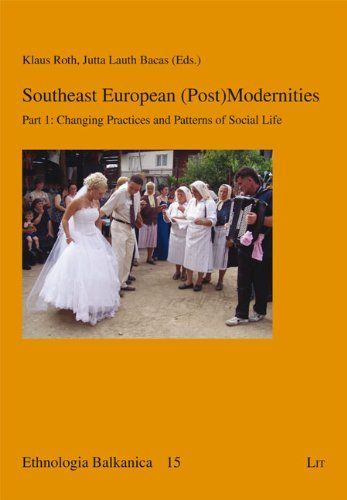
Southeast European (post)modernities
More than 20 years of rapid political, economic, social, and cultural change have turned Southeast Europe into a laboratory of transformative processes - processes that have deeply affected the structures of everyday life and that have resulted in a variety of (post-)modern life styles. The contributions by native and foreign researchers to this first of two volumes shed light on the changing practices and patterns of everyday life in Southeast Europe, many of which differ from those in other parts of Europe. The concepts of multiple modernities and post-modernity appear to be highly appropriate for a region in which - under the combined impact of post-socialist transformation, globalization, and EU integration - everyday life is marked by sharp dichotomies and tensions. Understanding these paths to (post-)modernity is relevant for those interested in the Balkans, as well as for those generally interested in processes of socio-cultural change. (Series: Ethnologia Balkanica - Vol. 15)